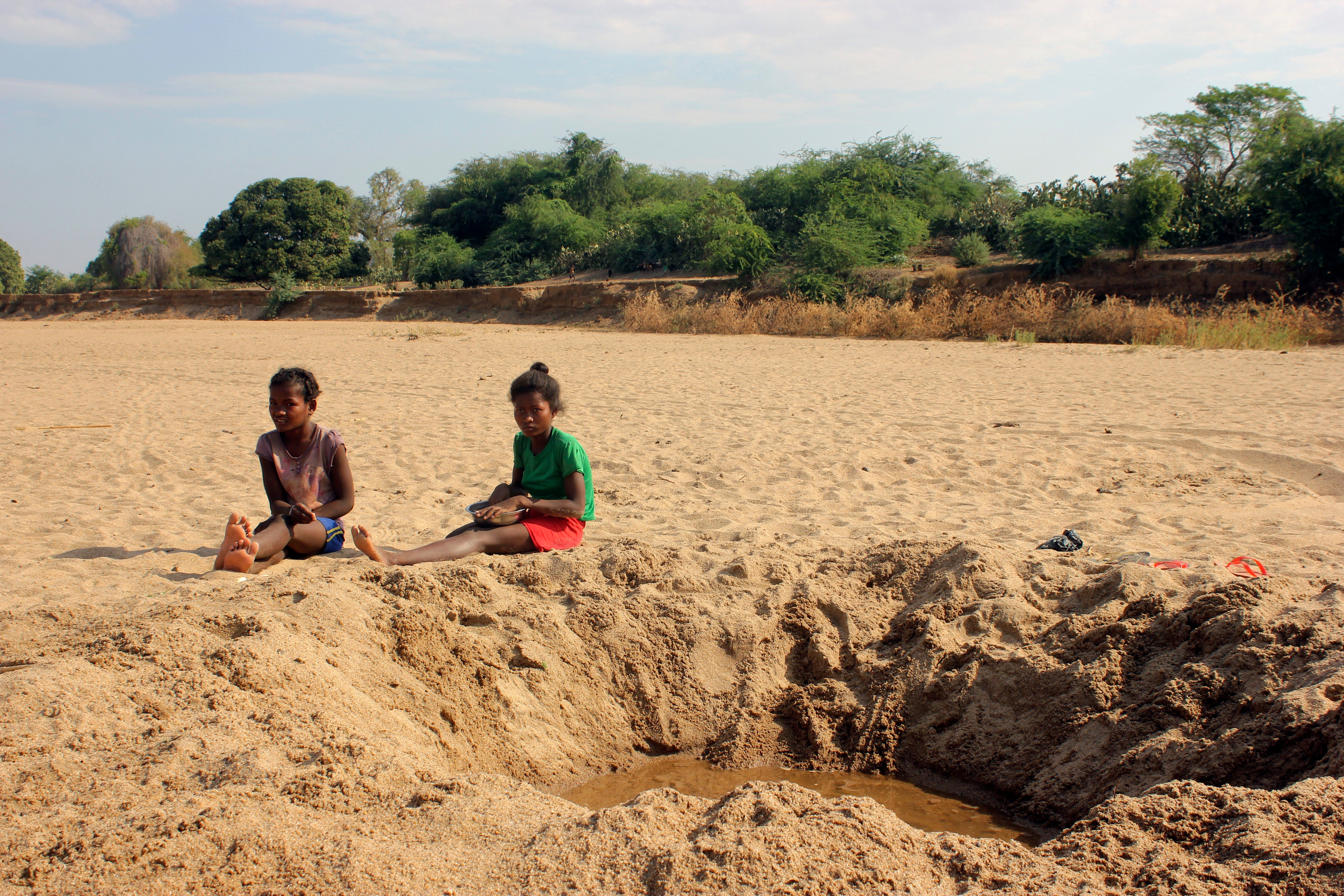Study: Climate change not causing Madagascar drought, famine
A new study finds that climate change isn't causing the devastating drought and famine in Madagascar

Your support helps us to tell the story
From reproductive rights to climate change to Big Tech, The Independent is on the ground when the story is developing. Whether it's investigating the financials of Elon Musk's pro-Trump PAC or producing our latest documentary, 'The A Word', which shines a light on the American women fighting for reproductive rights, we know how important it is to parse out the facts from the messaging.
At such a critical moment in US history, we need reporters on the ground. Your donation allows us to keep sending journalists to speak to both sides of the story.
The Independent is trusted by Americans across the entire political spectrum. And unlike many other quality news outlets, we choose not to lock Americans out of our reporting and analysis with paywalls. We believe quality journalism should be available to everyone, paid for by those who can afford it.
Your support makes all the difference.Don’t blame climate change for the devastating Madagascar drought and famine, scientists said in a new analysis Wednesday.
World Weather Attribution, which does real time studies of extreme weather throughout the world, examined the drought, which has left Madagascar with 60% of its normal rainfall from July 2019 to June 2021.
The group found no statistically significant fingerprint of human-caused climate change. Instead, the drought was a random weather quirk, one that has a chance of happening once every 135 years or so, the researchers concluded.
“It’s a rare event but it’s within natural variability,” said study co-author Friederike Otto, a climate scientist at the Imperial College of London. “For this type of low rainfall, climate change is not a main driver.”
In Madagascar, swings of rainfall from high to low are common, Otto said. But starvation has another big cause, she said.
“The driver of the famine or the food security is very much the high vulnerability of the people of the region,” Otto said. “There’s shockingly high poverty rates.”
The team of international scientists relied on established technique of using computer simulations to figure out what would happen in a world without nearly 2.2 degrees (1.2 degrees Celsius) of warming over pre-industrial times and comparing it to what happened. With this method, the scientists have found many weather extremes to be worsened by global warming, including this summer's heat wave in the U.S. Pacific Northwest and western Canada and deadly European flooding.
The latest study has not been peer reviewed yet.
___
Read more of AP’s climate coverage at http://www.apnews.com/Climate
___
Follow Seth Borenstein on Twitter at @borenbears
___
The Associated Press Health and Science Department receives support from the Howard Hughes Medical Institute’s Department of Science Education. The AP is solely responsible for all content.